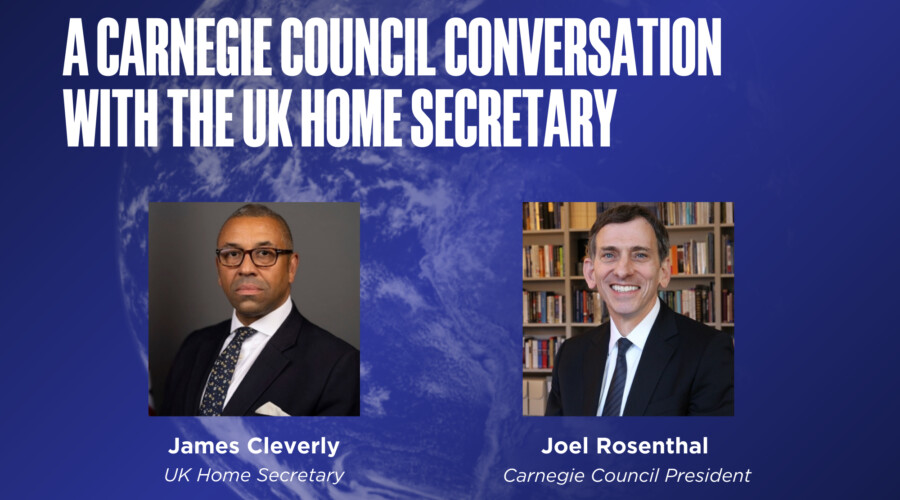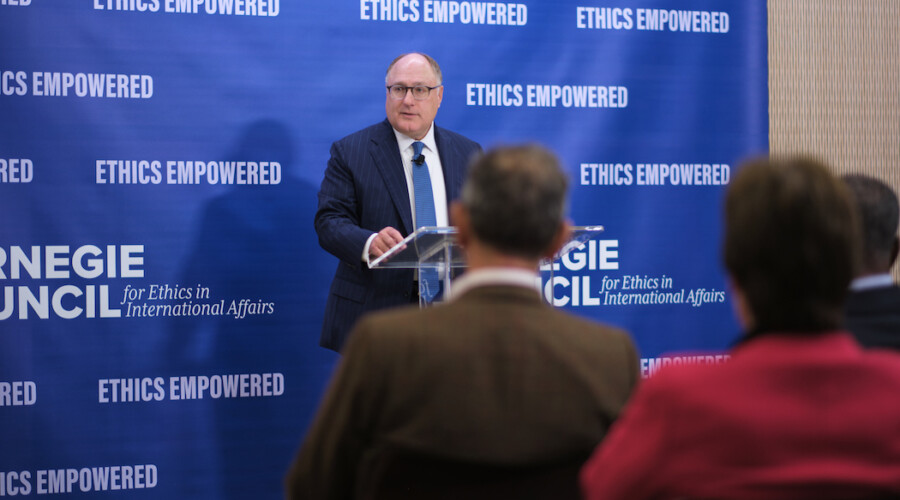Are babies born with the morality they need or do they learn it from society? Is morality a biological trait that builds communities through enlightened self-interest, or does it come from a spiritual being? What do you think?
Babies as young as six months overwhelmingly prefer those who help rather than those who hinder, according to Bloom in The New York Times Magazine.
At Yale University's Infant Cognition Center, babies were shown shapes and puppets that acted out scenes. Babies regularly reach for those that show empathy or niceness. "Some sense of good and evil seems to be bred in the bone."
Other studies suggest that the environment builds moral fabric, that "socialization
is critically important." Heinrich argues that acting kindly toward strangers
is more likely in free market economies, which for trade depend on an ethical
foundation of fairness and transparency.
Perhaps a higher being instills a sense of ethics in humanity? Darwin's collaborator
Alfred Wallace thought that moral actions by people go beyond what biological
evolution could explain. D'Souza suggests that altruistic behavior, like giving
up a seat on a bus, is proof of something higher than pure Darwinian survival.
Otherwise, how do you explain soldiers sacrificing themselves for their comrades?
Maybe morality is a synthesis. Babies are born with the raw materials of morality,
perhaps from God, and they mature in social settings into ethical beings with
a more universal, humanistic, and expansive sense of obligation.
What do you think?
Are babies born with the morality they need or do they learn it from society? Is morality a biological trait that builds communities through enlightened self-interest, or does it come from a spiritual being? If a combination, what is the dominant impulse behind moral behavior?
By Devin Stewart & William Vocke
For more information see:
Paul Bloom, "Moral
Life of Babies," The New York Times Magazine, May 3, 2010
John Tierney, "Moral
Lessons, Down Aisle 9," The New York Times, March 23, 2010
Constance Holden, "Playing
Fair Came Late," ScienceNOW, March 18, 2010
Mark Buchanan, "Charity
begins at Homo Sapiens," New Scientist, March 12, 2005
Dinesh D'Souza, What's So Great About Christianity? (Washington, D.C.:
Regnery, 2007)


